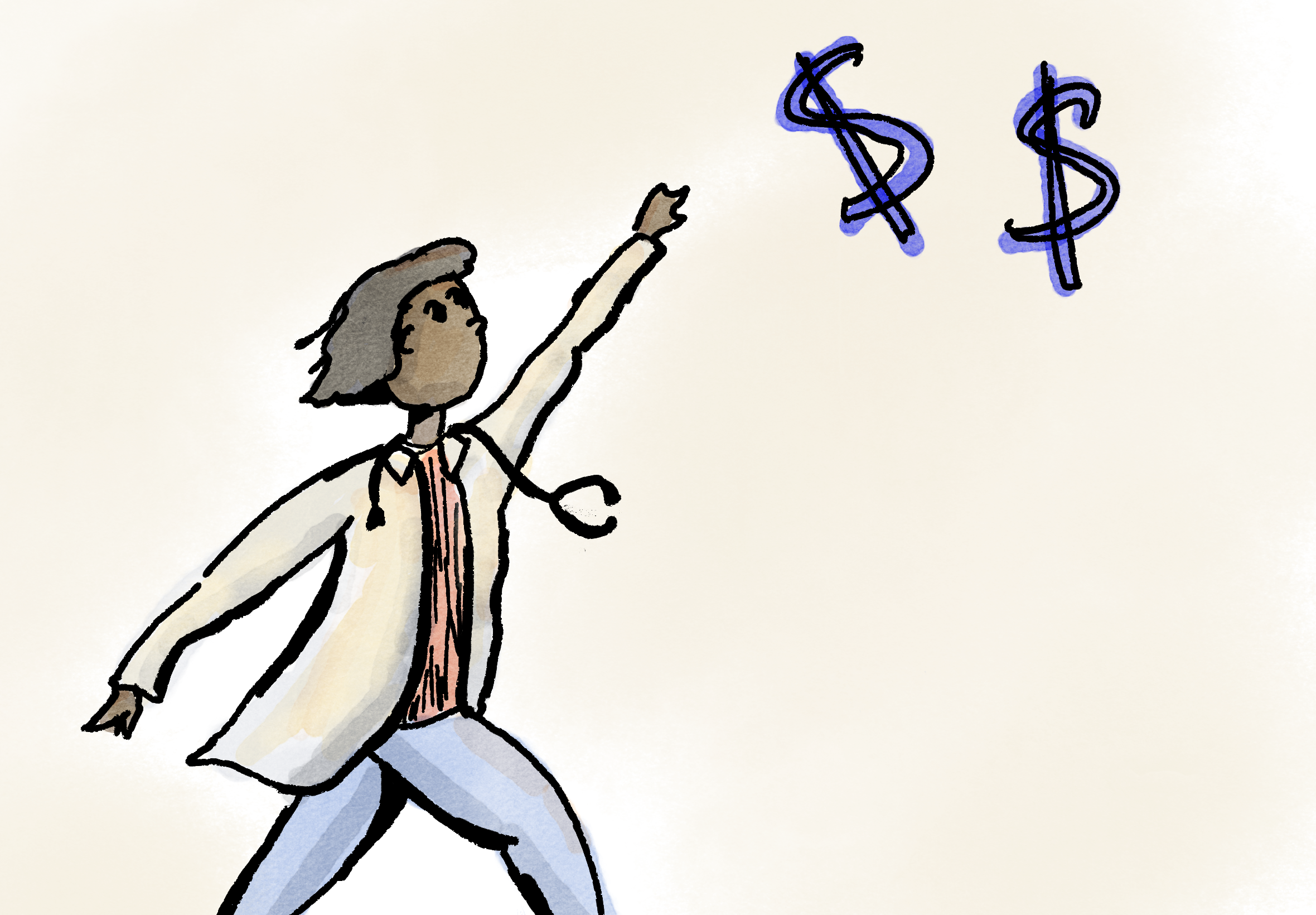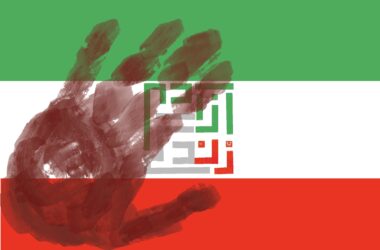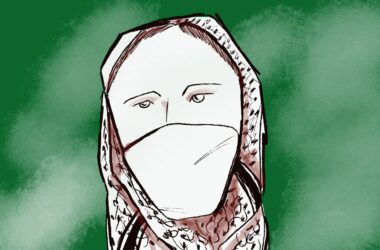On Oct. 25, François Legault and the Coalition Avenir Québec (CAQ) government called a special session to expedite the passage of Bill 2. The bill was pushed through the National Assembly just after 4:00 a.m., despite widespread opposition from doctors, medical students, and healthcare unions.
Bill 2 will overhaul how physicians are paid, linking their income to performance indicators, such as the number of patients treated and classifications of the patients’ ‘vulnerability.’ Instead of incentivizing high-quality patient interactions, clinical teaching, or medical research, this bill rewards what is easily measurable and superficially ‘efficient.’ The legislation also grants inspectors the power to enter medical offices and access patient records without warning, and threatens doctors who protest these stipulations with fines ranging from $20,000 CAD per day for individuals to $500,000 CAD per day for professional groups or associations. By attaching these daily fines to any form of dissent regarding this harmful legislation, the CAQ has turned doctors’ public protest—a right protected under the Canadian Charter of Rights and Freedoms—into a punishable offence. This level of jurisdiction over medical professionals is deeply undemocratic; it redefines healthcare labour as a matter of bureaucratic control rather than public service.
Bill 2 is not healthcare reform. By forcing a market-driven model of care onto Quebec’s already lacklustre and overburdened public healthcare system, the bill acts as a coercive attempt to prevent medical professionals from providing safe and equitable care to the province’s population.
Contrary to the narrative the CAQ pushes, Bill 2 will not improve care. Under pressure to meet its appointment quotas, doctors will be forced to rush appointments and provide less personalized and empathetic care. The Fédération des médecins omnipraticiens du Québec (FMOQ) warned that under this legislation, patients will only be allowed to raise one concern per medical appointment. For those living with chronic illness or conjunctional conditions, this structure makes comprehensive diagnosis nearly impossible.
Reducing healthcare to mere statistics will only widen existing systemic inequalities in Quebec’s healthcare system. Research consistently shows that racialized patients—especially Indigenous and Black individuals—and women face disproportionate levels of medical neglect. A 2024 Statistics Canada report found that one in four Indigenous people experience discrimination from healthcare professionals, with two-thirds of those individuals stating their concerns were ignored or dismissed. Similarly, a recent study in Montreal found that Black patients experience similar patterns of bias: Participants reported their symptoms were often downplayed or attributed to non-medical causes. Women face similar medical oversight: 93 per cent of women have reported feeling dismissed or ignored when seeking medical care. Women’s pain is more likely to be described as ‘emotional’ rather than physical, and medical research continues to underrepresent women’s bodies and symptoms.
Bill 2’s damage extends beyond patients: Over 100 doctors have already applied to transfer their practice to other provinces such as New Brunswick and Ontario, leaving those who remain in Quebec with heavier caseloads and probable burnout. For medical students and residents, the policy foreshadows a future where time spent teaching, researching, and listening to patients is not only undervalued, but explicitly penalized. What the government calls efficiency is, in practice, the systematic deterioration of the healthcare system.
McGill’s Faculty of Medicine, top-ranked nationwide, stands at the centre of Quebec’s healthcare system. Its graduates staff hospitals across the province, and its research defines public health policy. Yet as Bill 2 changes the very structure of its system, the university has remained silent, offering no acknowledgement of how this legislation threatens its students and the province’s medical future. Fallout from Bill 106, the counterpart to Bill 2, has already delayed the graduation of nearly 1,000 Quebec medical students after clinical teaching was halted province-wide.
As a public institution, McGill bears responsibility not only to its students, but also to the province it serves. The university must denounce Bill 2, support striking faculty and students, and defend medicine as a public good—not a capitalist performance metric.
Bill 2 is not an isolated policy; it is part of the CAQ’s broader effort to reframe healthcare in relation to quantitative efficiency, stifling the human relationships that sustain it. To accept this legislation is to acquiesce to the dismantling of public healthcare itself. The future of healthcare in Quebec depends on the CAQ-run medical system electing care over austerity.









